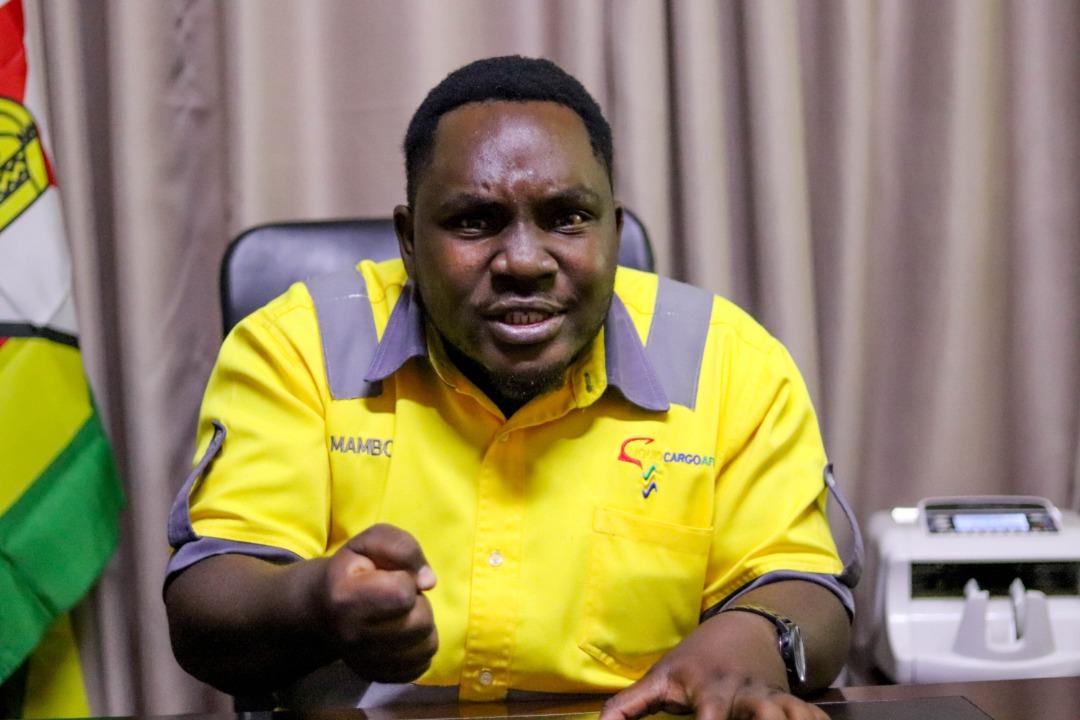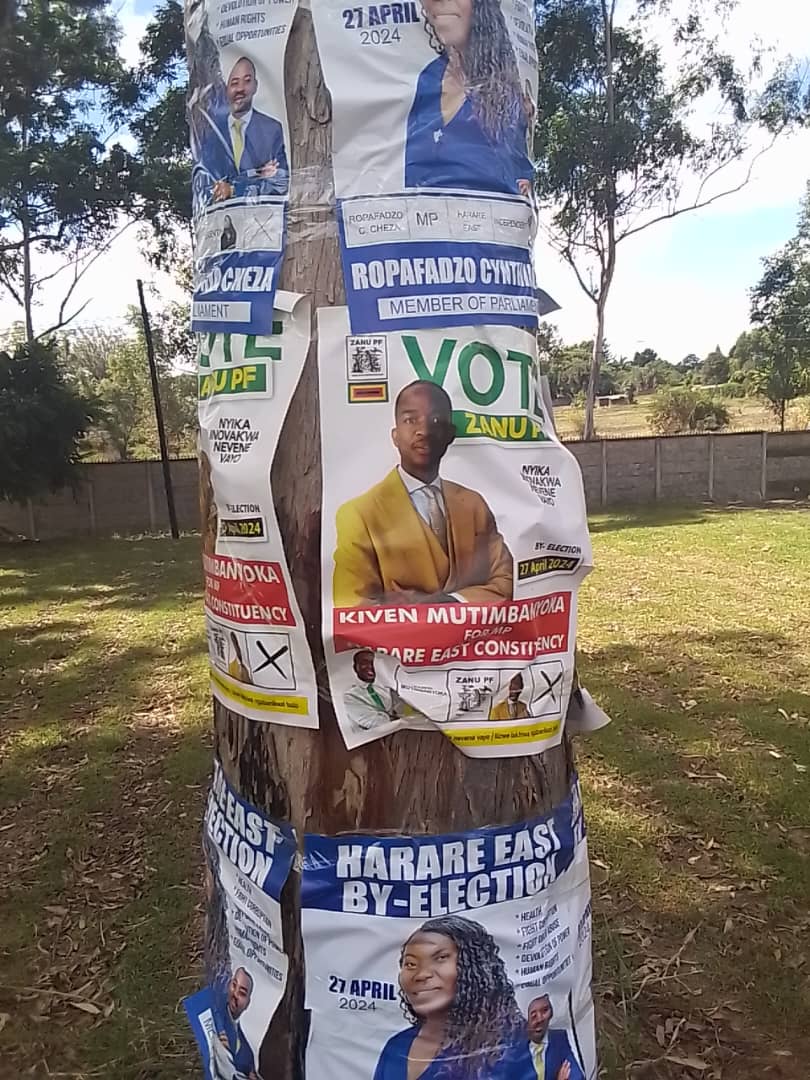Sadc takes strong stance against external interference
Share

Harare (New Ziana) – Southern African Development Community (Sadc) Heads of State and Government on Monday agreed to take pro-active measures to suppress external interference in the internal affairs of the group’s member states as the region seeks to consolidate its peace, security and co-operation in the sub-region.
The resolution-taken at the 40th Sadc summit-comes in the wake of a renewed media onslaught against Zimbabwe by hostile Western countries and their local appendages in a bid to effect illegal regime change.
Zimbabwe’s eastern neighbour Mozambique is also battling an armed insurgency thought to be sponsored by external forces.
In light of this, the leaders-who were holding their annual meeting via video conference in light of the Covid-19 pandemic – directed the Sadc secretariat to immediately draw up an action plan which details ways to deal with the emerging external threats.
“Summit urged member states to take pro-active measures to mitigate external interference, the impact of fake news and the abuse of social media, especially in electoral processes,” SADC said in a communiqué at the end of the summit.
“Summit received an assessment report on emerging security threats in the region, commended the secretariat for the detailed report, and directed the secretariat to prepare an action plan for its implementation, that will among others, prioritize measures to combat terrorism, violent attacks and cybercrime; and to address adverse effects of climate change.”
On the Mozambican conflict, where Islamic fighters recently took control of a port city in northern Mozambique, Sadc leaders assured Mozambique of their unwavering support towards dealing with the problem.
The leaders commended the Mozambican government for efforts made so far to quell the insurrection.
“Summit expressed SADC solidarity and commitment to support Mozambique in addressing the terrorism and violent attacks, and condemned all acts of terrorism and armed attacks.”
On other peace and security issues in the region, the Sadc leaders welcomed the peaceful transition of power in Lesotho, a perennial hot-spot and the amicable resolution of the Zambia DRC border dispute.
“Summit welcomed the commitment of the new government of the Kingdom of Lesotho to ensure the full and comprehensive implementation of the reforms process, and encouraged the government of the Kingdom of Lesotho to keep the momentum in the implementation of the SADC decisions, and submit a progress report to the next Summit in August 2021,” the communiqué said.
Meanwhile, the summit elected new leaders including Filipe Nyusi, President of Mozambique, as Chairperson of SADC, and the new Malawi President Lazarus Chakwera as his deputy.
Botswana’s Mokgweetsi Masisi was confirmed as the new chairperson of the Organ on Politics, Defence and Security Cooperation, and will be deputised by Cyril Ramaphosa, President of South Africa.
“Summit (also) approved the SADC Vision 2050, which is based on a firm foundation of peace, security and democratic governance, and premised on three interrelated pillars, namely: industrial development and market integration; infrastructure development in support of regional integration; and social and human capital development.
“The three pillars also recognize gender, youth, environment and climate change, and disaster risk management as important cross-cutting components. Summit also approved the Regional Indicative Strategic Development Plan 2020-2030 to operationalise the Vision 2050.”
New Ziana







